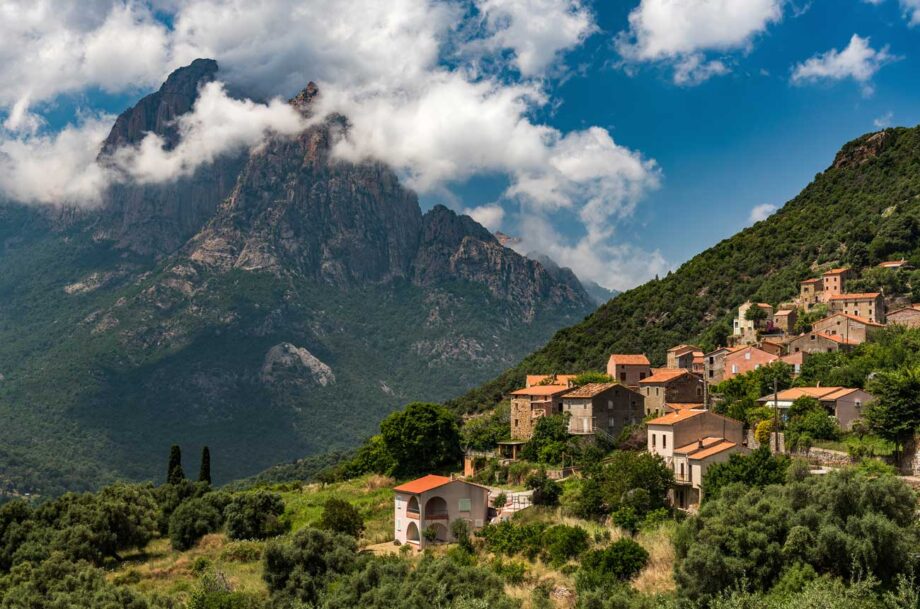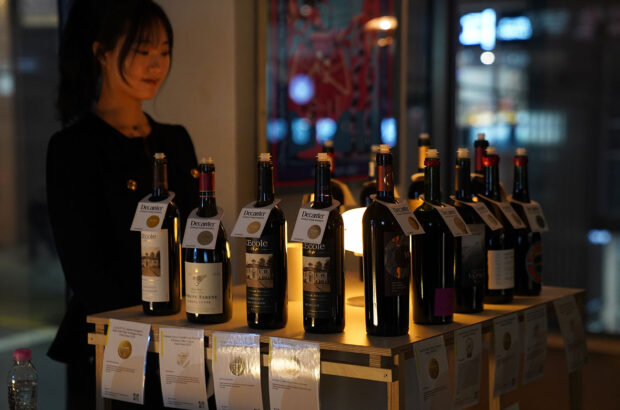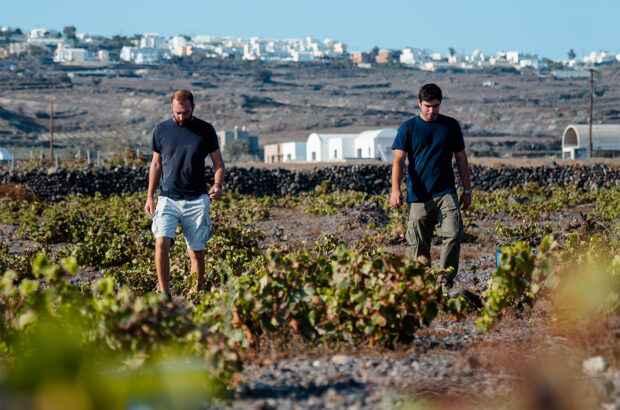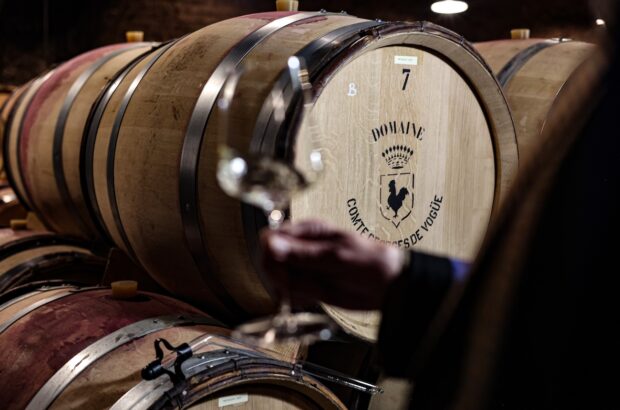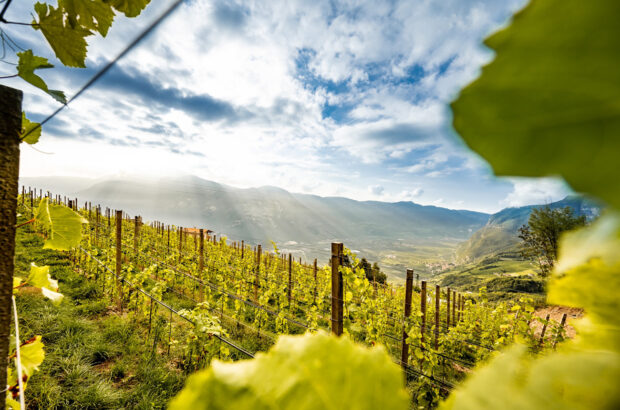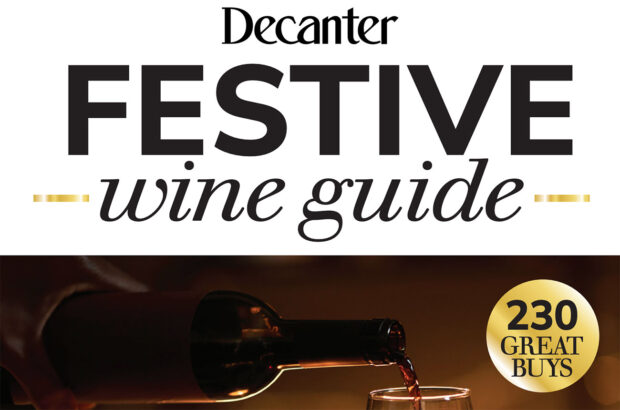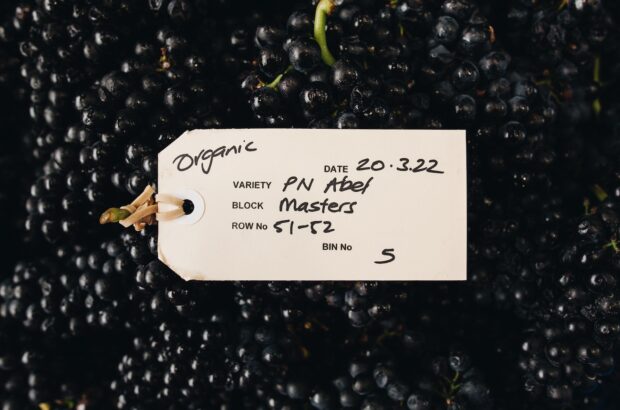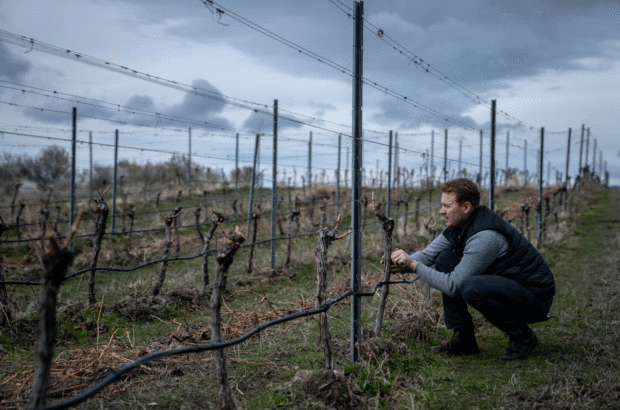This past summer, as the US edged toward authoritarian populism, I travelled to a French semi-autonomous wine region with the thought that a five-decades-past story of resistance might offer solace.
Corsica’s jagged mountain peaks erupt from the sea and its steep hillsides teem with aromatic scrub. The region’s best wines are highly redolent of this maquis: eucalyptus, fennel, fig, juniper, laurel, mint, lavender, myrtle, rosemary, sage, strawflower, thyme.
The Corsican people are famously intrepid, once known for their vendettas – bloody family feuds – and their mastery of the craft of knifemaking. From these people, this land and ancient Roman, Greek and Etruscan roots arose distinctly regional wines.
These wines came under threat during the 1960s and ’70s, when some 17,000 French rapatriés – French colonists fleeing a newly liberated Algeria – arrived on the island and secured government land grants that enabled industrial-scale viticulture, quadrupling vineyard acreage while tarnishing Corsica’s reputation.
In August 1975, a group of Corsican growers and activists, armed with hunting rifles, seized a rapatrié-owned cellar in Aléria. The standoff spurred support for the riacquistu, a Corsican movement to reclaim heritage through language, song… and viticulture.
‘I still remember seeing my father take his rifle to help friends entrenched in a winery during the 1975 clashes,’ recalls Yves Leccia, a wine grower in Poggio d’Oletta who has led the revival of Corsican winemaking and vine varieties. ‘This fight has now been won, but we must continue our efforts to ensure that the lesser-known Corsican grape varieties are also integrated into the appellations.’
Currently, the only traditional Corsican grapes that can bear an AP designation are Vermentinu, Nielluciu and Sciaccarellu. Leccia is one of many vignerons who feel honour-bound to vinify unrecognised endemic varieties such as Minustellu, Biancu Gentile, Codivarta, Riminese and Genovese.
‘I didn’t know that PDOs [protected designations of origin] could rewrite 3,000 years of history,’ scoffs Jean-Charles Abbatucci, a wine grower who – in continuing the work of his father – is credited with saving many of Corsica’s autochthonous grapes, many of which are not officially recognised. ‘The paradox is that the greatest Corsican wines are often classified as Vin de France or Vin de Table.’
At Domaine de Marquiliani in Haute-Corse – not far from where the armed standoff took place – Anne Amalric and her daughter Pauline are working with researchers on a test vineyard and vine library to ensure that Corsica’s heirloom varieties thrive.
Traditional practices accompany the traditional grape varieties. Amalric drapes wool from a neighbour’s sheep over her vines and olive trees to protect against humidity. Abbatucci sprays his vines with seawater in lieu of copper or sulphur. Clos Culombu – like Domaine Comte Abbatucci a biodynamic estate – hosts an event that revolves around the revival of La Tribbiera, the ancient practice of threshing wheat with oxen.
‘I practice what I call “historical agriculture”. Indigenous grape varieties are witnesses to the dawn of time, perfectly adapted to our region, climate and soils,’ Abbatucci tells me. ‘These grape varieties tell a story – that of Corsica and its identity… Producing this wine is a way of preserving memory, but also of building a future. It is an act of resistance against standardisation.’
In the past, I often laughed off the idea of government overreach at home. At the same time, I admired vignerons abroad who championed their traditional methods and grape varieties in the face of oppressive bureaucratic rule. Today, I’m seeing these growers in a new light. If their wine-growing is an act of resistance, I want to join the revolution.
In my glass this month
Domaine Comte Abbatucci, Général de la Révolution 2023 (£69.90 Millésima), a field blend of ancient white varieties with honeyed richness. Clos Culombu, Storia di Signore 2023, scented with wild flowers and tasting of almonds, grapefruit and sea breeze. Domaine de Marquiliani, Le Gris de Pauline 2024, a delicate rosé; fresh and briney – a pink wine I want to drink year round. And Yves Leccia, O Bà! 2020, a spicy blend of old-vine Minustellu, Niellucciu and Grenache – serve chilled and drink with pride.



